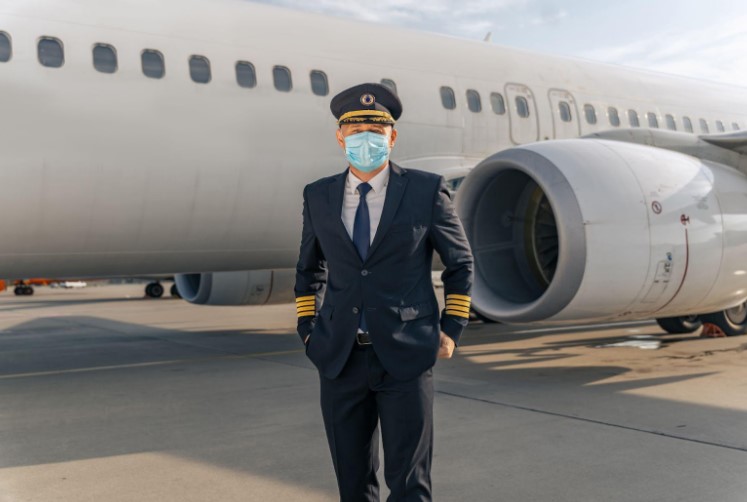The airline business has found itself in a serious amount of trouble due to the covid pandemic. The aviation industry has been hampered by flight cancellations, reduced passenger volume, and increasing fuel costs; all factors have not helped the bottom line in an uncertain economy.
The direct impact of the COVID pandemic on airlines involved in international travel was serious. The effect of the pandemic on travel volume depended mainly on the country of origin or destination for a given flight.
Before the pandemic, international travel volume was at an all-time high. Businesses were thriving, and the standard of living was rising for many people around the world. This increase in travel volume made air travel a significant source of revenue for airlines.
Airlines suffered greatly because of the COVID-19 pandemic. The economic recession, brought on by massive job loss following the covid pandemic, began to toll international travel.
The pandemic increased the total cost of doing business for many travelers. There has been a combined increase in layoffs and cutbacks in personal budgets, leading to a substantial decrease in international air travel.
Domestic passenger volume also suffered during the pandemic. Over 70% of air travel in the U.S. is domestic; therefore, when international travel volume declined, local airlines also experienced a significant decrease in passenger volume.
Airlines struggled to return to pre-pandemic levels of service and revenue, much like other industries affected by the pandemic. At the same time, many airlines managed to retain their market share, reducing costs and becoming more efficient.
It means cutting back on the flights offered per day. Airlines also aimed to increase efficiency by changing work shifts to be completed in a shorter time frame.
The first step towards recovery is bringing back employees who have been furloughed due to lack of business. Airlines have been struggling to bring flight attendants and pilots back, as well as baggage handlers who had initially shown reluctance for fear of contagion.
All carriers are also working towards renegotiating their contracts with fuel companies and airports. The plan is to reduce the prices and take on more responsibility to reduce the amount paid per gallon of jet fuel.
The airlines are struggling to get back to the passenger levels before the pandemic. Sustained fear, continual media attention, and the continued threat in some cities mean that passenger numbers will be down for the time being. However, airlines are cautiously optimistic about their futures; they see an eventual recovery from the decline in business due to passengers returning.
The passenger numbers will increase once the airlines return to three-a-day service as they had before COVID. Airlines are looking forward to having a full complement of staff and seeing an increase in business at their hubs across the country.
In a nutshell, the COVID-19 pandemic has had a detrimental effect on businesses around the world. Airlines have been unable to recoup their pre-pandemic numbers. It is unlikely that they will see an increase in passenger volume anytime soon due to sustained fear and media attention, and the continual threat of COVID in some cities. Therefore, airlines will continue to struggle financially for the time being.
Salah AlBluewi – a professional in the finance and business sector – suggests that airlines will struggle for a long time after the pandemic.

